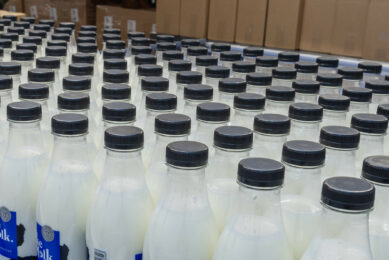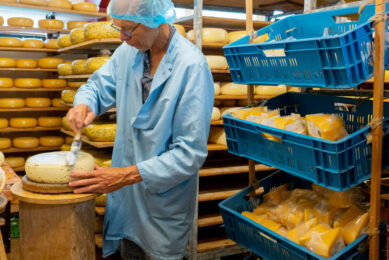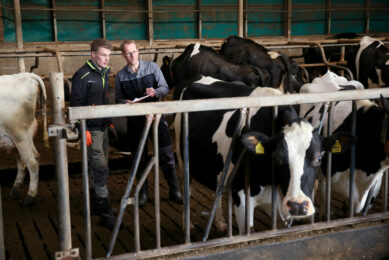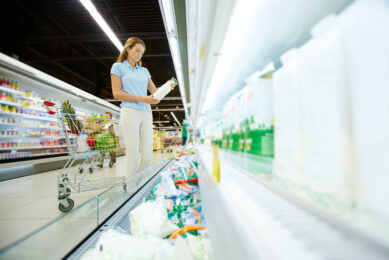How will sanctions impact Russia’s breeding cattle?
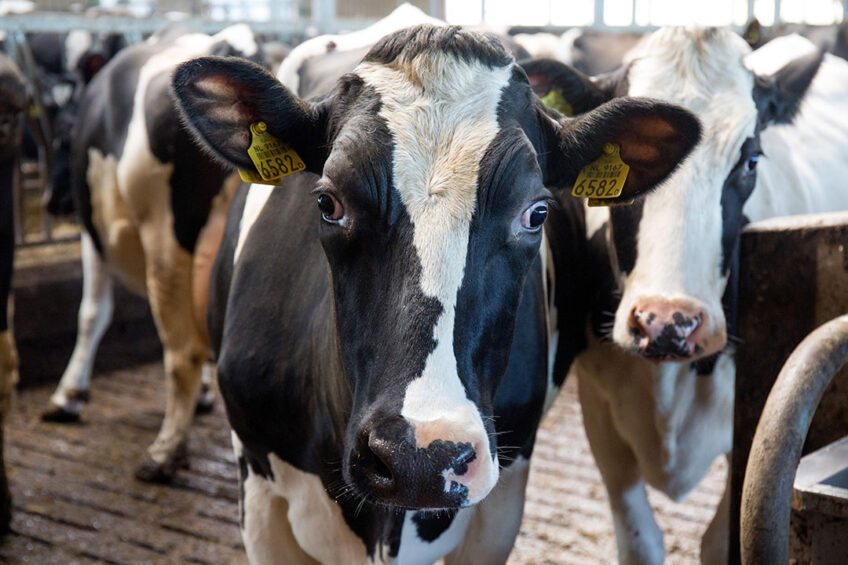
Russia may begin importing genetic material from Venezuela, as the country’s dairy industry heavily depends on foreign genetic and breeding materials.
Venezuelan company El Triunfo is working with the country’s government to begin exporting cattle genetic material to Russia, Wilmar Castro, Venezuelan Agricultural Minister, revealed in a statement posted on its Twitter account, adding that El Triunfo had several promising clients in the country.

Russia may be interested in diversifying import supplies as its political conflict with the US and the European Union has been escalating recently.
Zero VAT on live cattle imports
The Russian government planned to raise VAT on live cattle imports from 0% to 20% from the beginning of 2021. However, an analysis showed that this step, if taken, would hurt the Russian dairy industry, so it has been pushed to early 2023.
Under current economic conditions, the VAT hike would entail an increase in the payback period of investment projects, a decrease in investment activity in the industry, the competitiveness of manufactured products on the global market, and slow down the rise of the industry’s production performance, State Duma, the lower chamber of the Russian Parliament said in the statement.
All market participants have supported the delay in the VAT hike. Artem Belov, chairman of the Russian union of dairy producers Soyuzmoloko, stressed that this measure would support financial health in the industry, especially amongst middle-size companies. He claimed that the domestic genetic and breeding material supply remains insufficient, suggesting that this could change in the next 7 to 10 years.
Cows on pasture threatened in Russia
The dark path of global warming is a dangerous one with severe consequences, one being that in some pastures in parts of Russia there may be deadly viruses that have been buried for decades, if not centuries, under the permafrost; these viruses could be released because of global warming. This is of concern while the Russian government is rolling out plans to boost the domestic dairy herd and milk production. Find out more…
SWIFT concerns
The US sanctions against Russia are not only not weakening but are taking on new forms. There are increased pressures from the top US officials to disconnect Russia from SWIFT, the global interbank communication system.
A country’s disconnection from SWIFT means that the country’s business and private citizens lose an opportunity to send or receive payments, and consequently import or export most goods, from most countries, with the exception to a few states with close political ties, like Venezuela.
Russia imports genetic and breeding material primarily from the European countries and the US, and switching to other suppliers without substantial losses seems virtually impossible, commented a source in the Russian dairy industry who wished not to be named.
He added that it is doubtful that Russia indeed could be disconnected from SWIFT and lose an opportunity to import live cattle and genetic material, saying that nobody in the industry believes these fears may come true.
How the dairy market in Russia is developing
During 2020, the dairy market in Russia further progressed in breaking the drawdown that has dominated the sector for 6 years since the embargo announcement in 2014. The embargo cut the dairy market by about 45% in value and reduced the number of imported products by half. Read more…
New programme to improve domestic genetics
The Russian Agricultural Ministry has developed a programme to improve domestic genetics in the dairy industry, Maxim Uvaidov, deputy Agricultural Minister said during a conference in Moscow in March 2021.
Uvaidov explained that it is essential for the country not to depend on import supplies in this segment. He added that similar programmes, including in the domestic poultry industry, have already proved their value.
Join 13,000+ subscribers
Subscribe to our newsletter to stay updated about all the need-to-know content in the dairy sector, two times a week.



